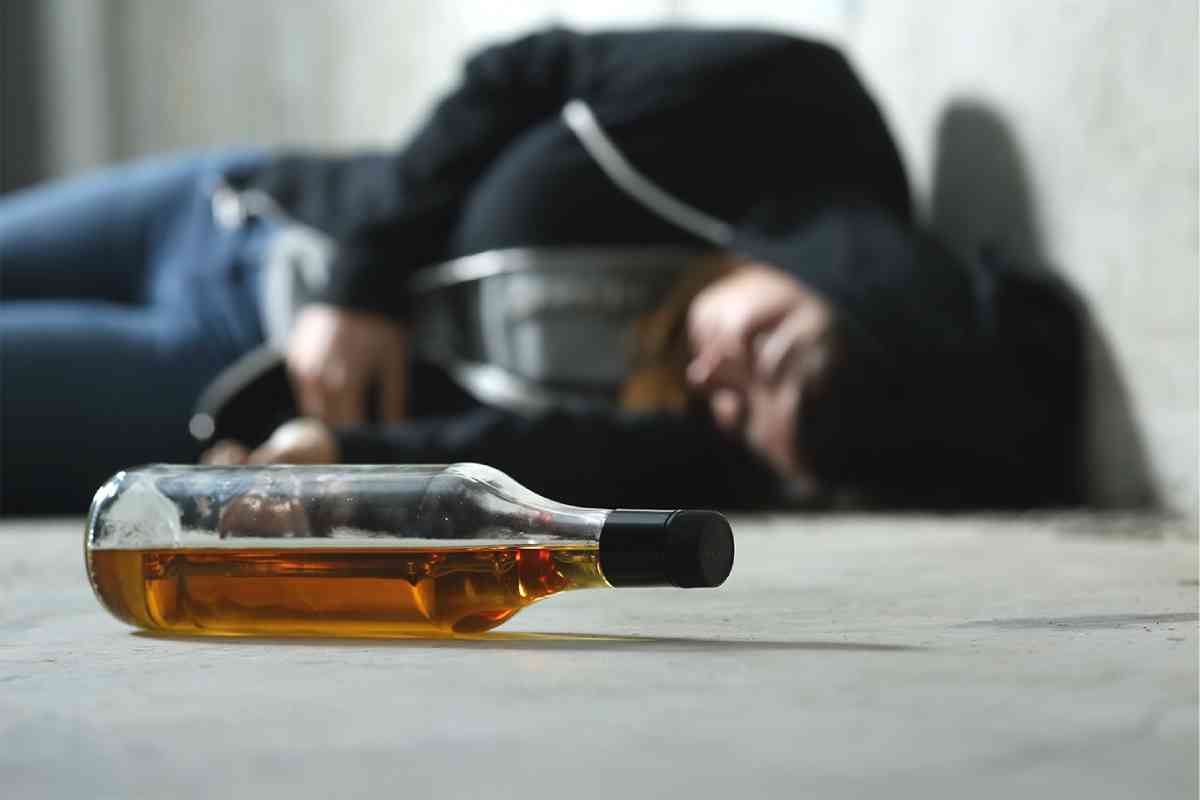Five signs it might be time to give up the booze!
Many of us like a drink. It could be a glass of wine enjoyed over an evening after a long day at work. It might be a few pints with your friends watching the match. In moderation, there’s nothing wrong with that. But how do you know exactly when you are abusing alcohol and when you are suffering from addiction?
For many of us, we’ll never identify that problem, with alcohol continuing to take its toll on our minds, bodies and relationships. For others, the problem can be identified, and it could have been quite obvious for some time.
But what are the signs you need to give up and potentially go through alcohol rehabilitation? Here are five, that if you recognise, it may be time to knock the booze on the head…
Table of Contents
Increased Tolerance
One of the early red flags that suggest a reconsideration of alcohol consumption is an escalating tolerance. If you find that you need larger quantities to achieve the same effect or that you no longer feel the desired level of intoxication, it could be a sign that your body has become accustomed to higher amounts of alcohol. This increased tolerance can lead to heavier drinking patterns, posing risks to both your health and relationships.
Failed Attempts at Moderation
Many individuals attempt to moderate their alcohol intake after recognising potential issues. However, if repeated efforts to cut back or limit consumption have proved unsuccessful, it might be time to contemplate giving up alcohol altogether. The inability to control or moderate drinking can indicate an underlying dependency that requires professional intervention and support.
Negative Impact on Relationships
Alcohol can strain even the strongest of relationships. If you notice that your drinking habits are causing conflicts with loved ones, friends, or colleagues, it’s a significant sign that it might be time to reevaluate your relationship with alcohol. Arguments, misunderstandings, and broken promises due to alcohol-related incidents can erode the trust and connection you share with those around you.
Decline in Physical and Mental Health
Alcohol can take a toll on both physical and mental well-being. Frequent hangovers, disrupted sleep, weight gain, and an overall decline in energy levels are common signs that alcohol might be negatively impacting your body. Moreover, alcohol is known to exacerbate mental health issues such as anxiety and depression. If you find that your mental and physical health are deteriorating due to alcohol, it’s crucial to consider quitting.
Neglect of Responsibilities
A clear sign that alcohol is becoming a problem is neglecting responsibilities in various aspects of life. If you’re missing work, neglecting household chores, or failing to meet personal commitments due to alcohol consumption, it’s time to pause and reflect on the priorities in your life. Alcohol-induced distractions can lead to a cycle of missed opportunities and unmet goals.

